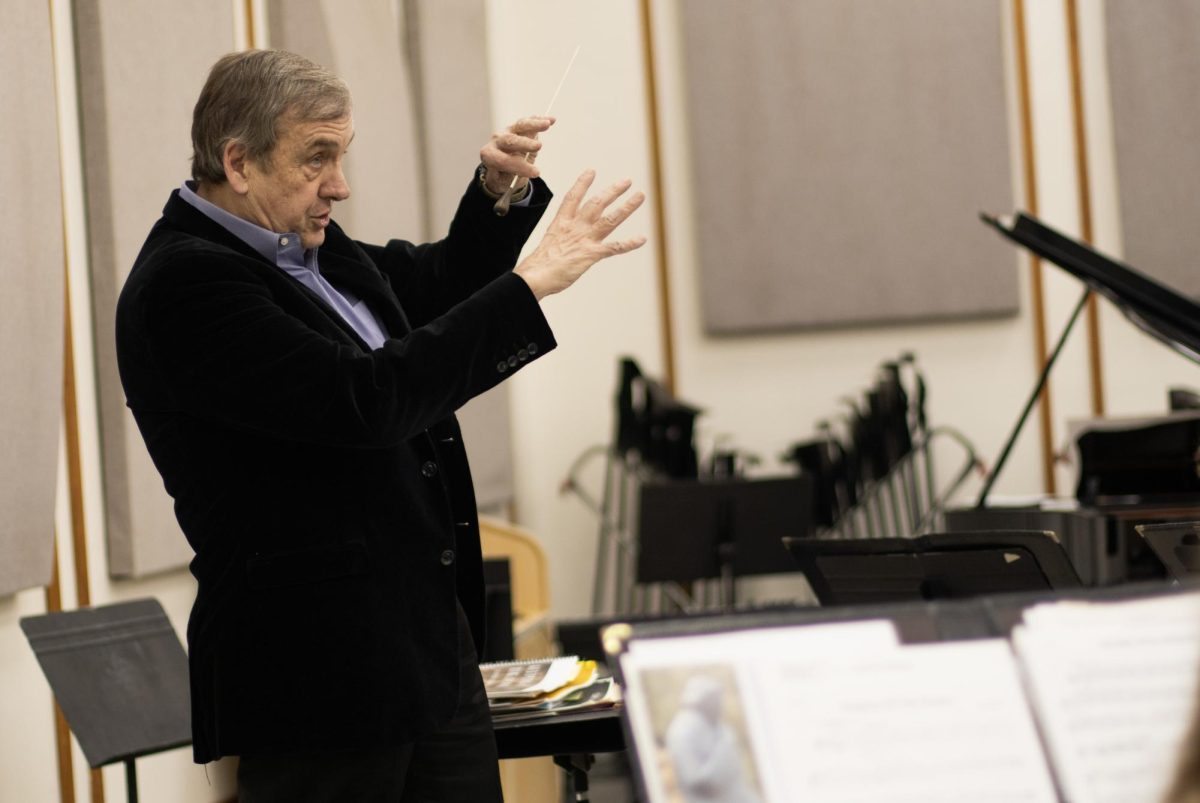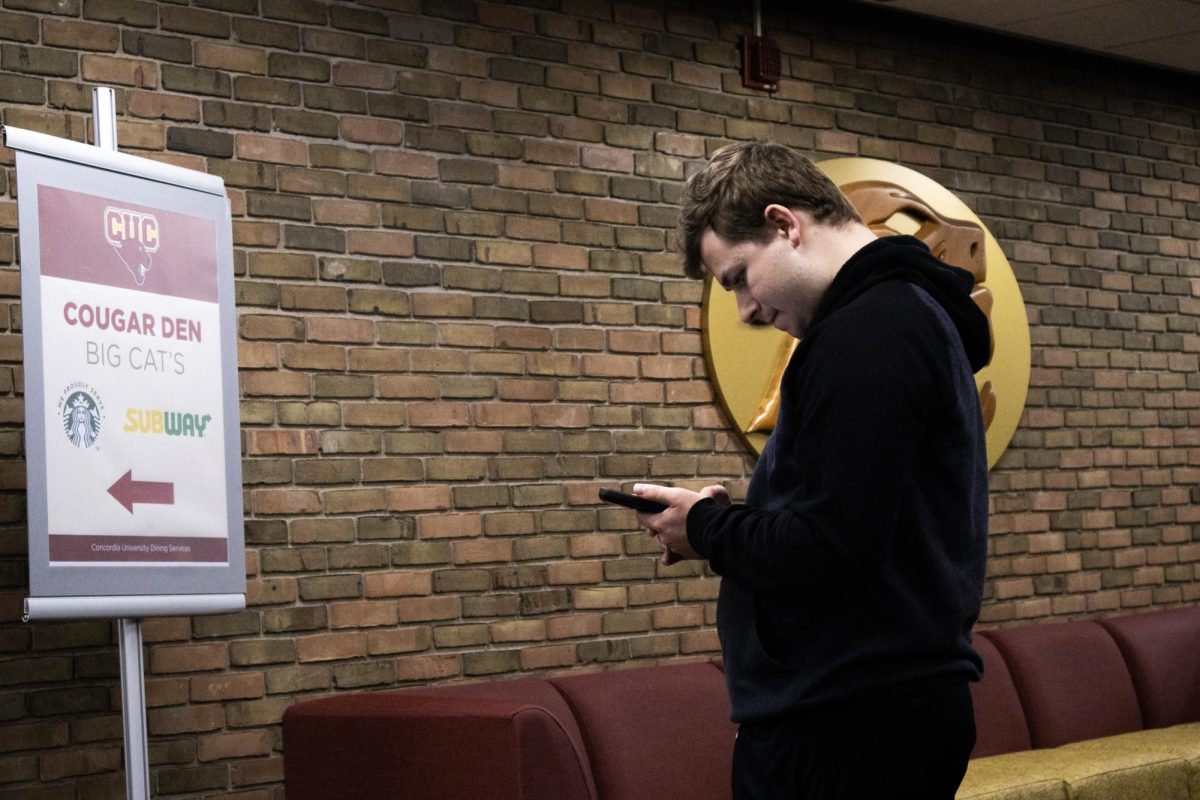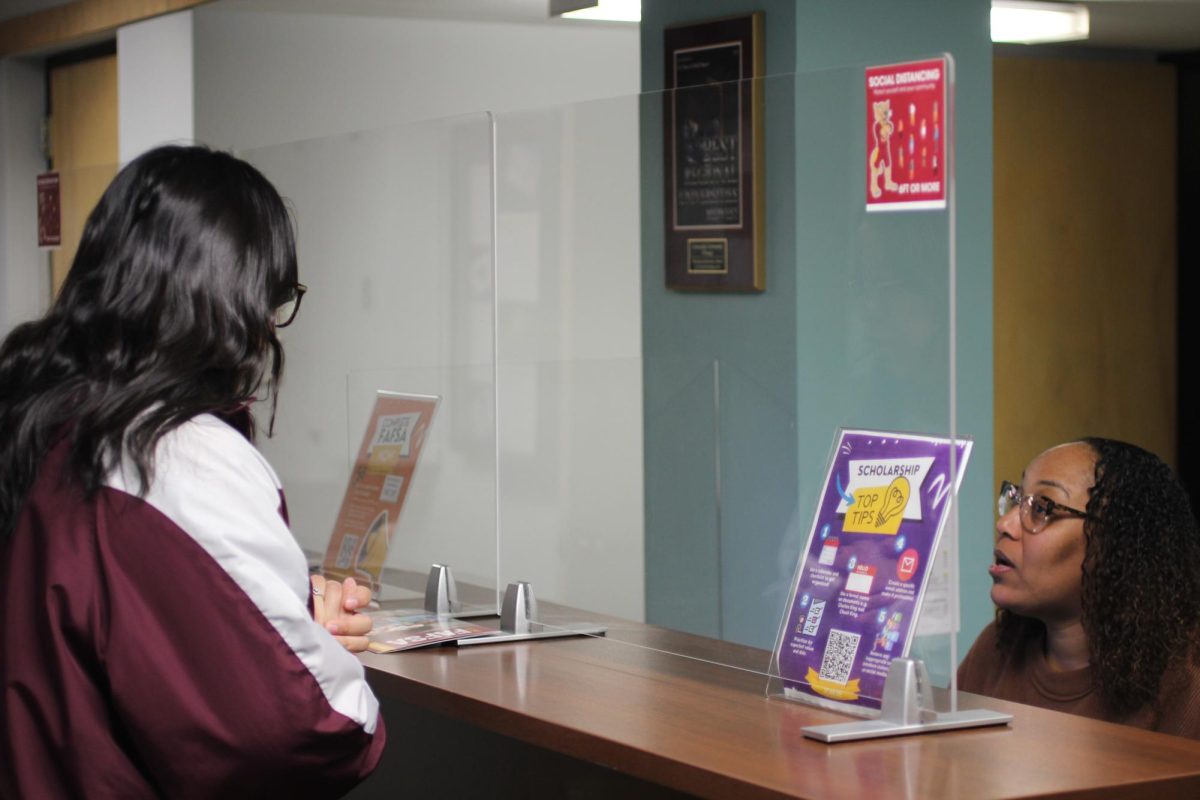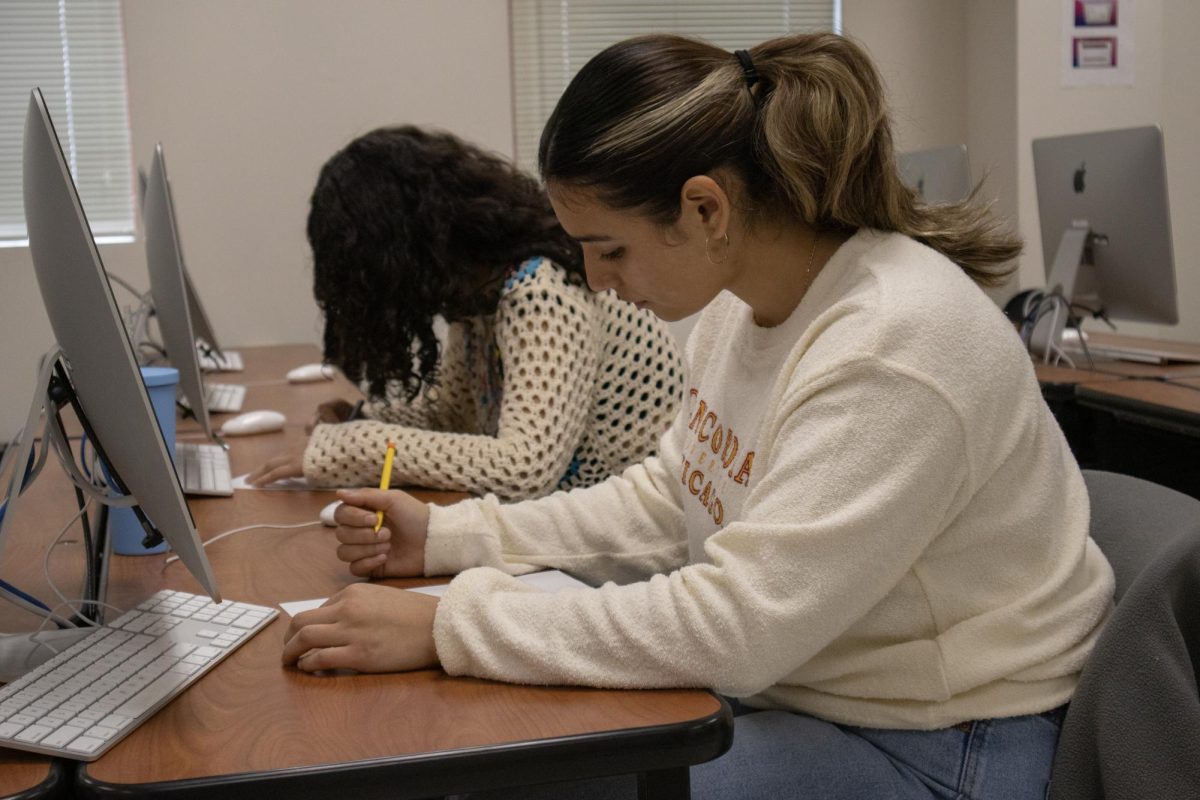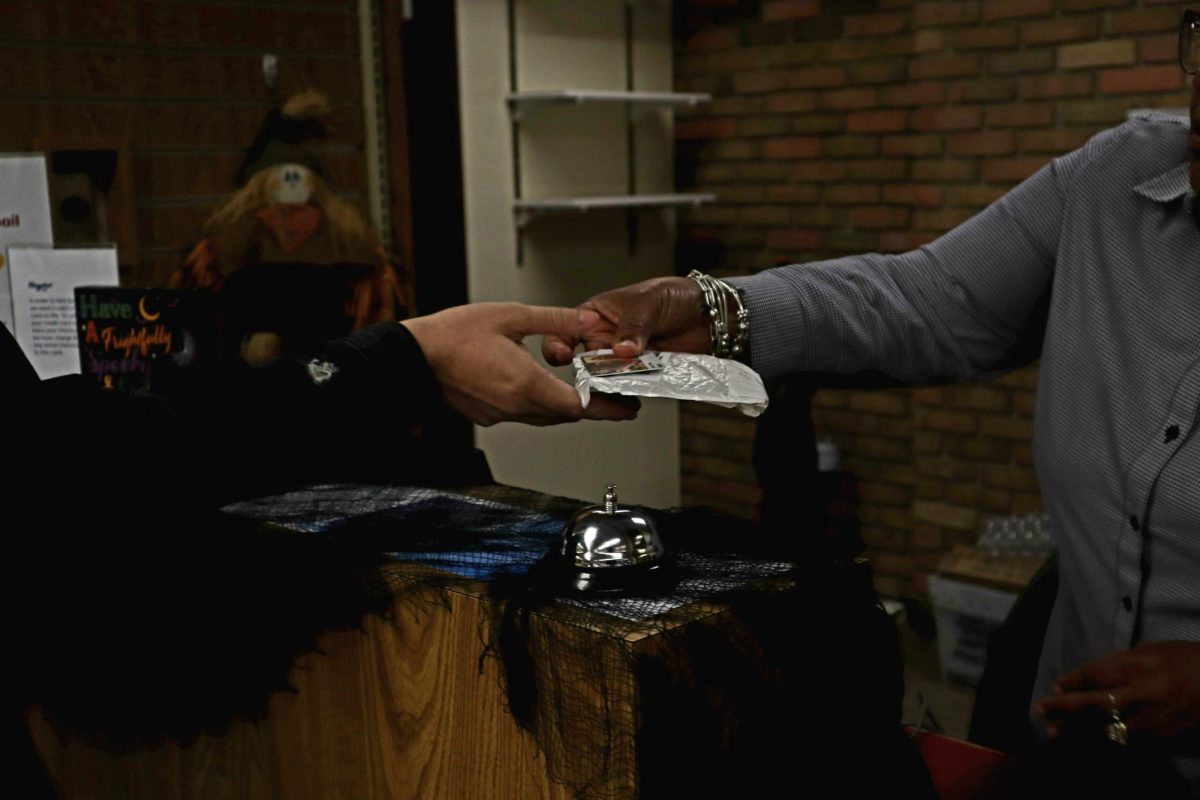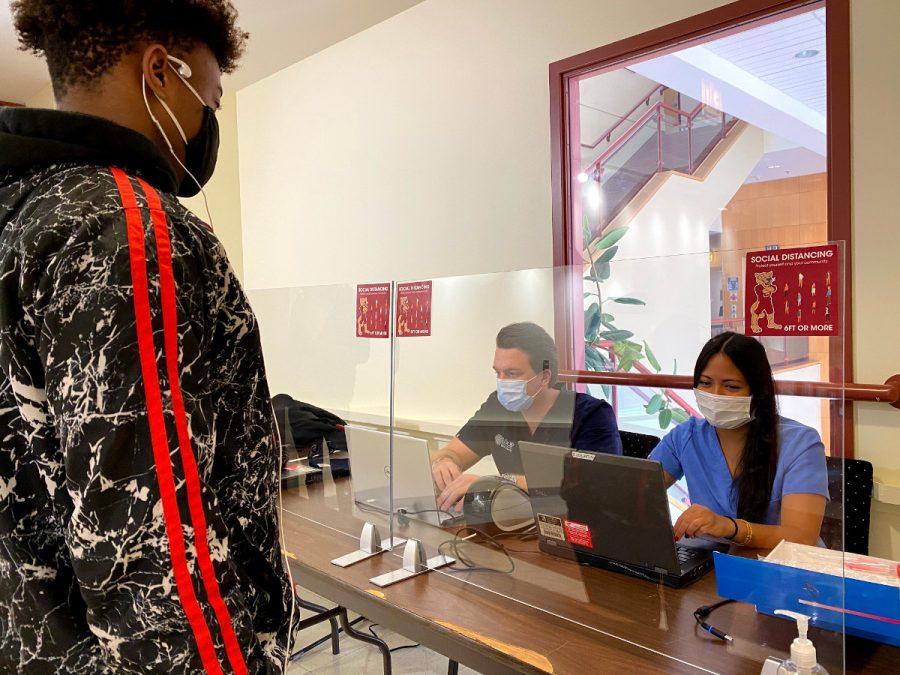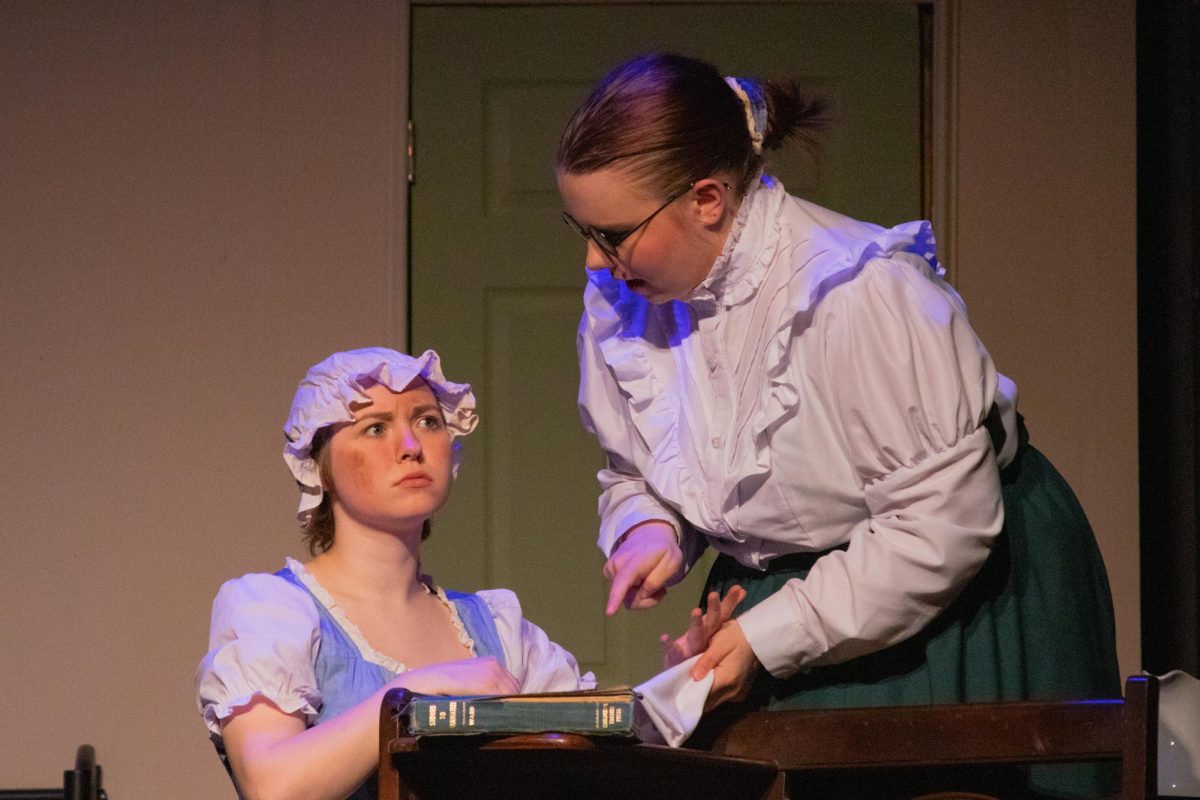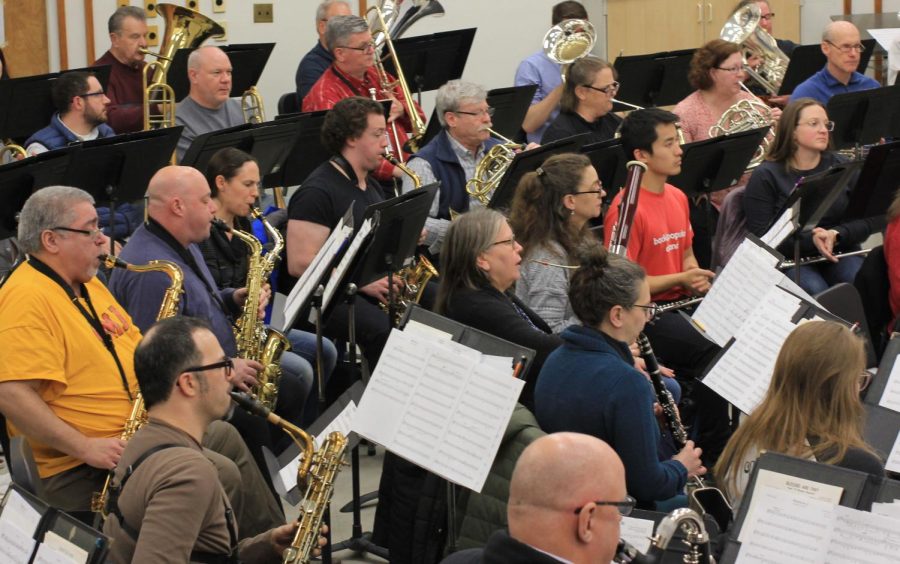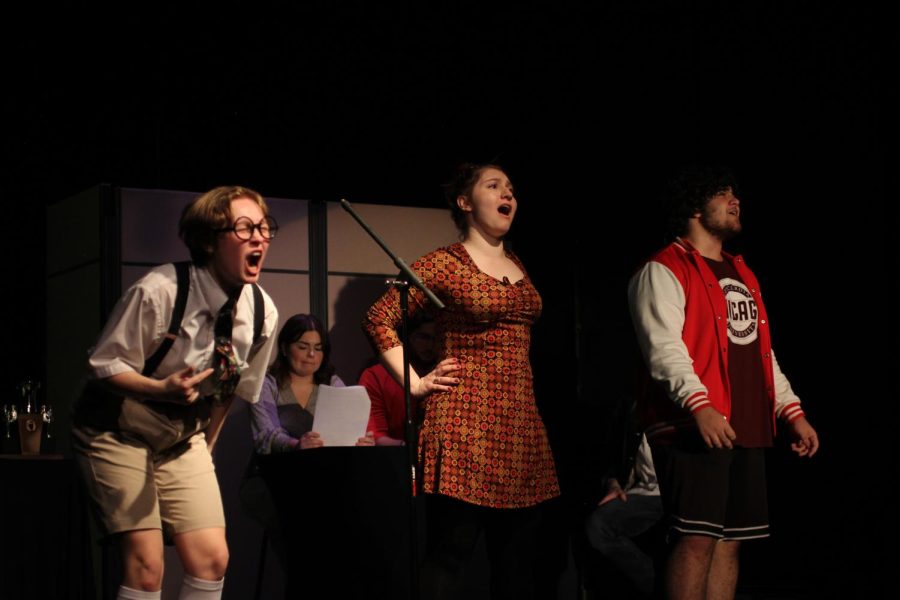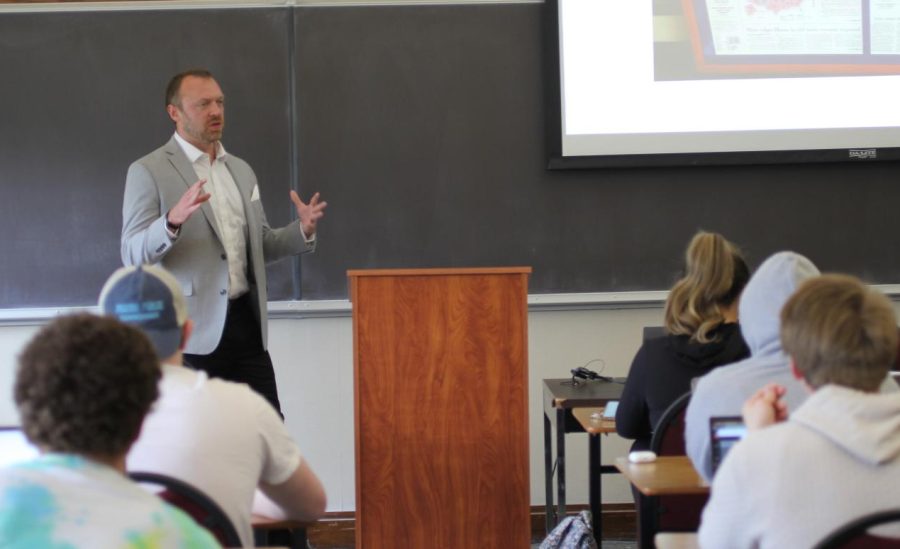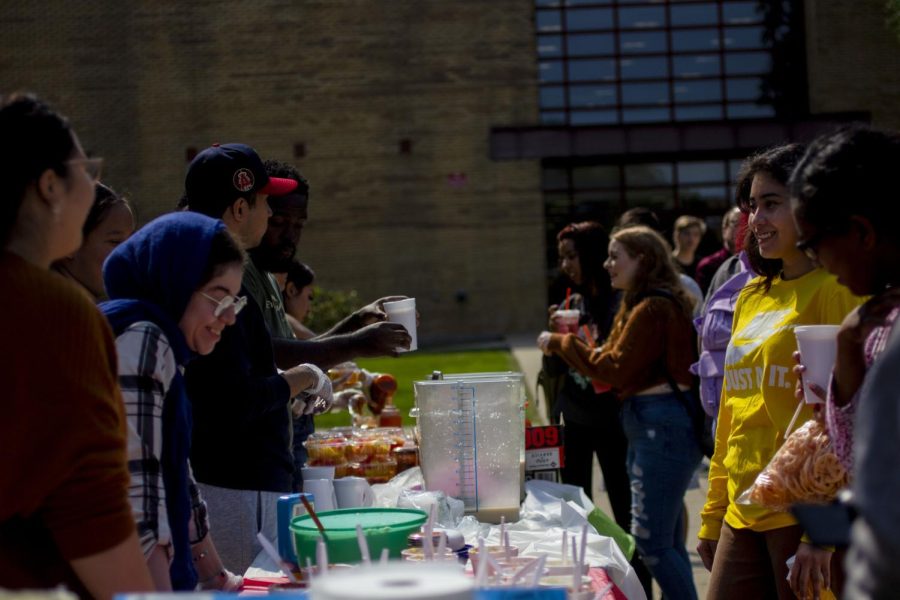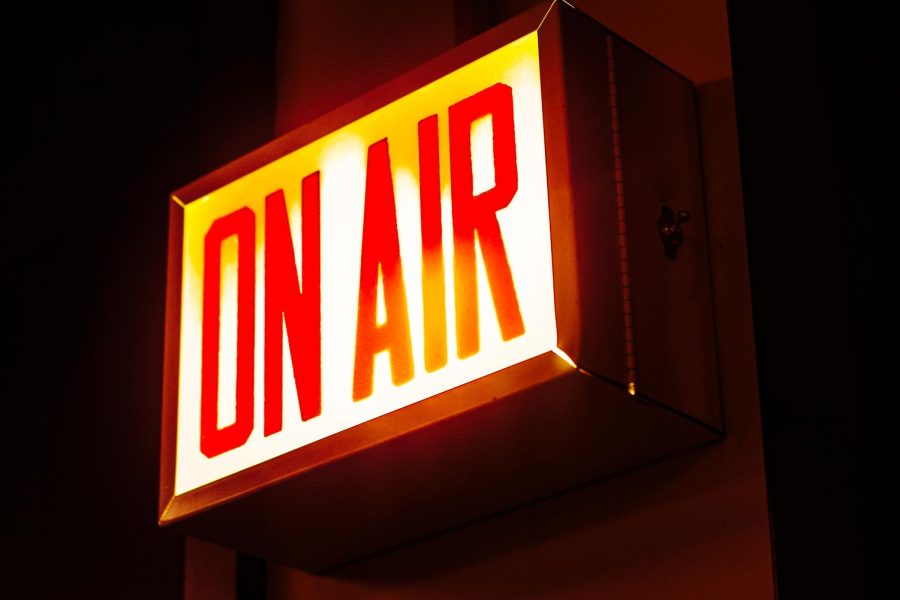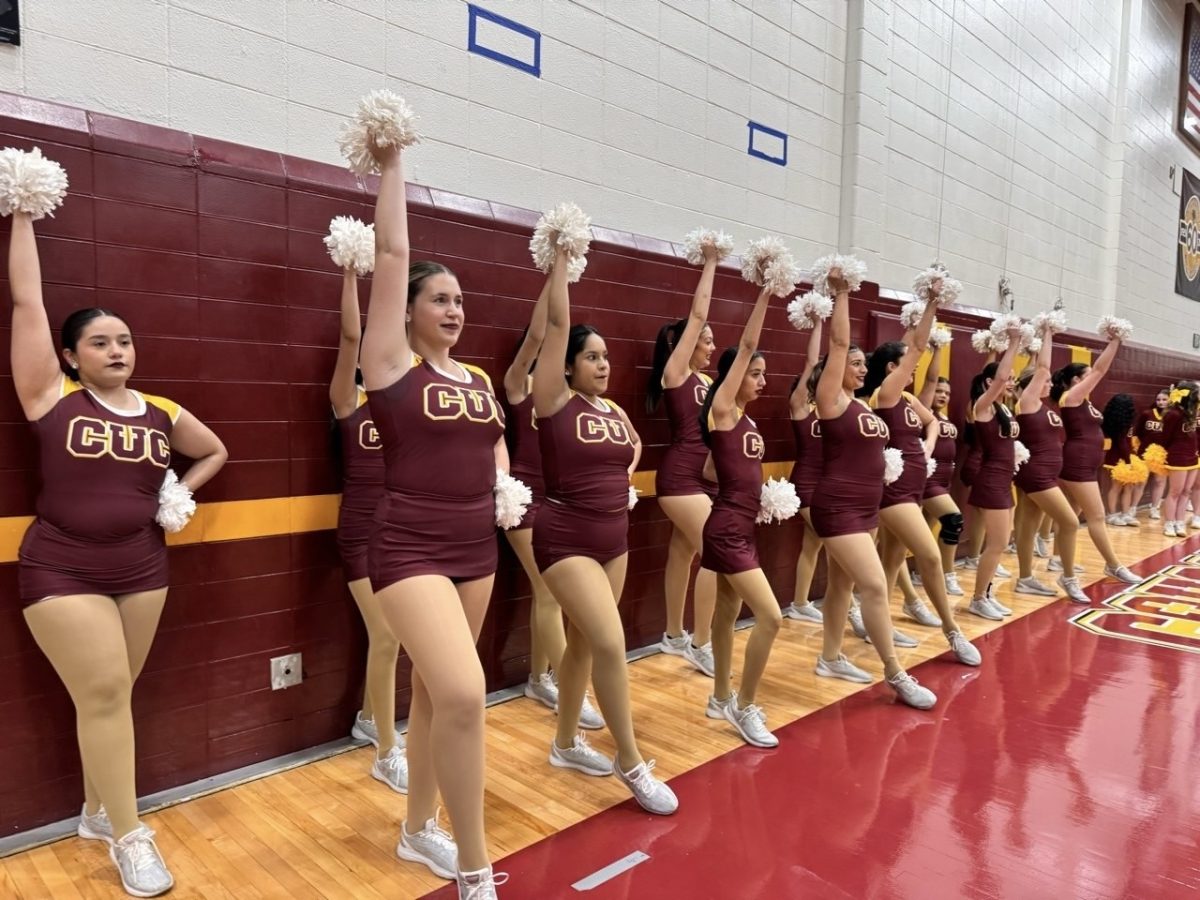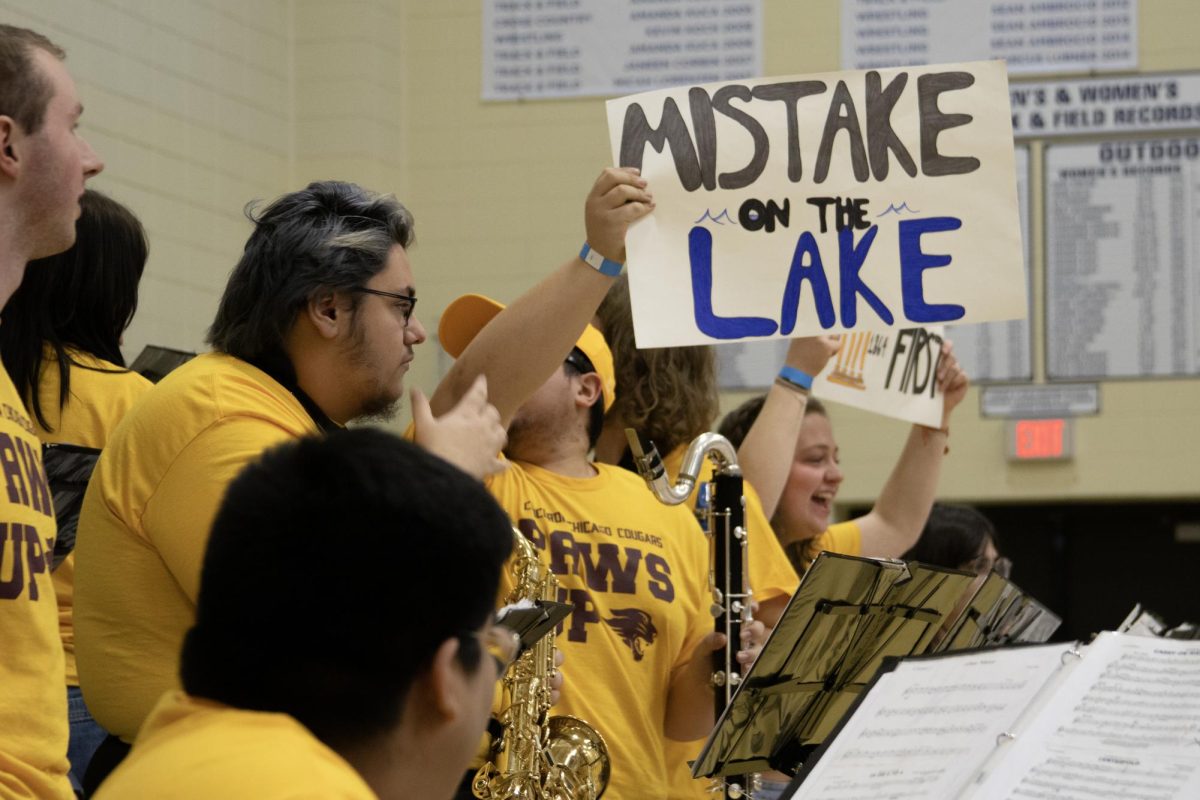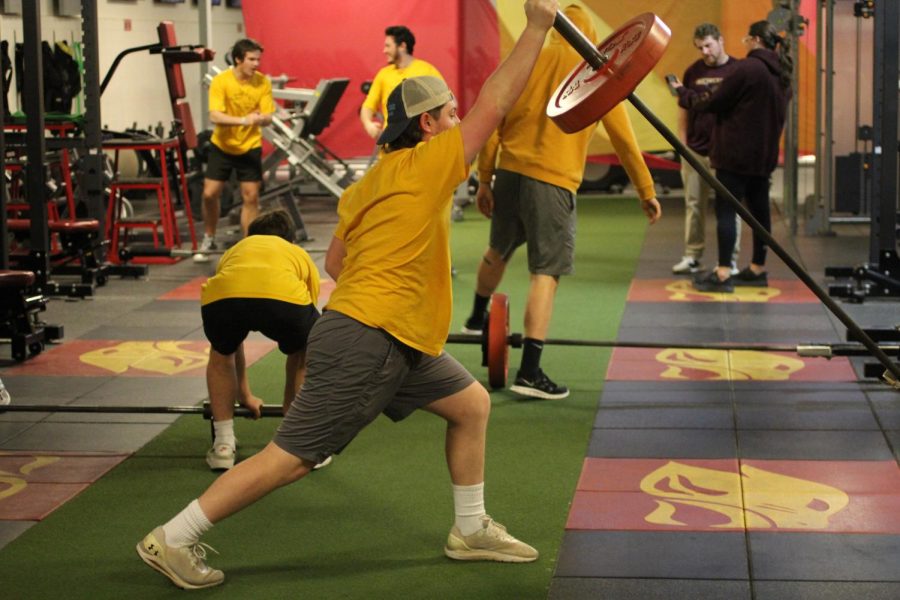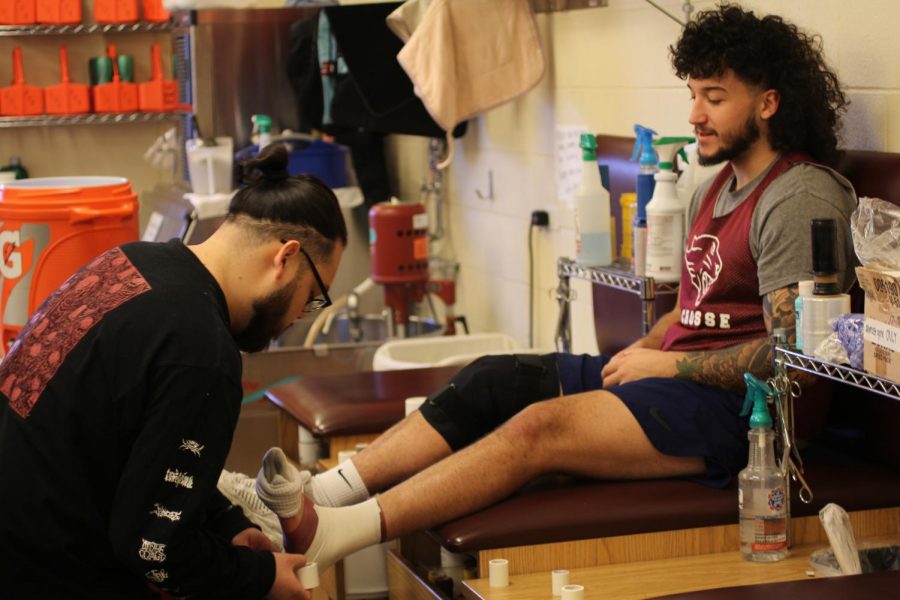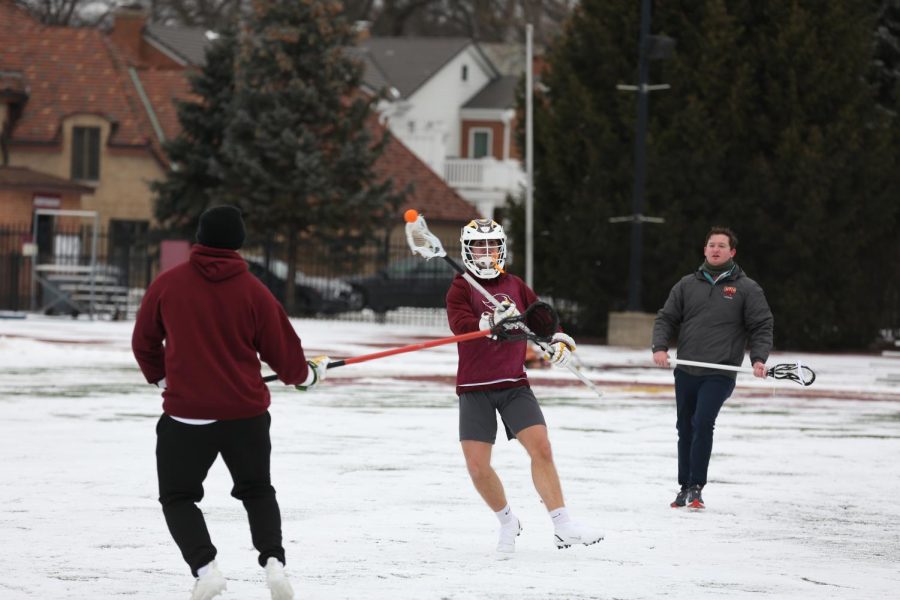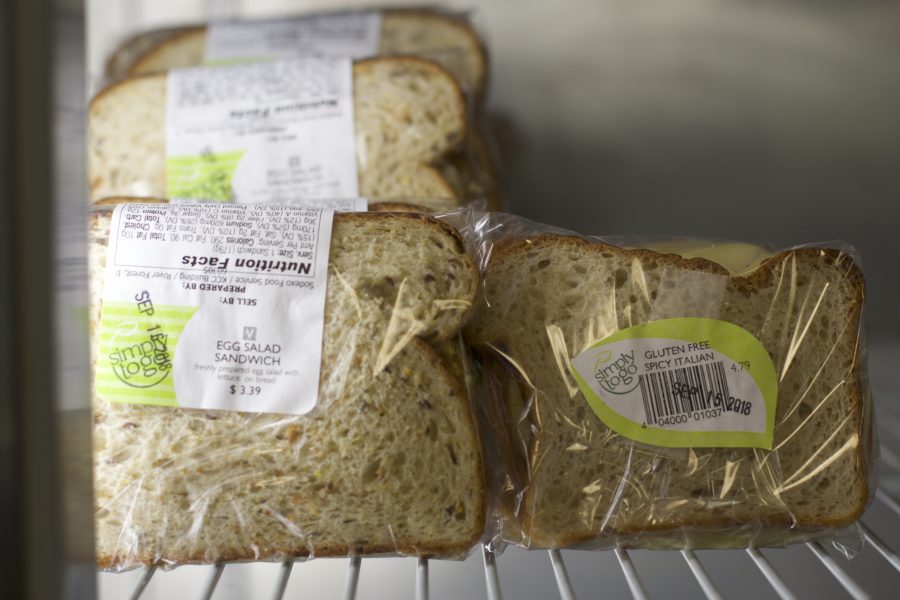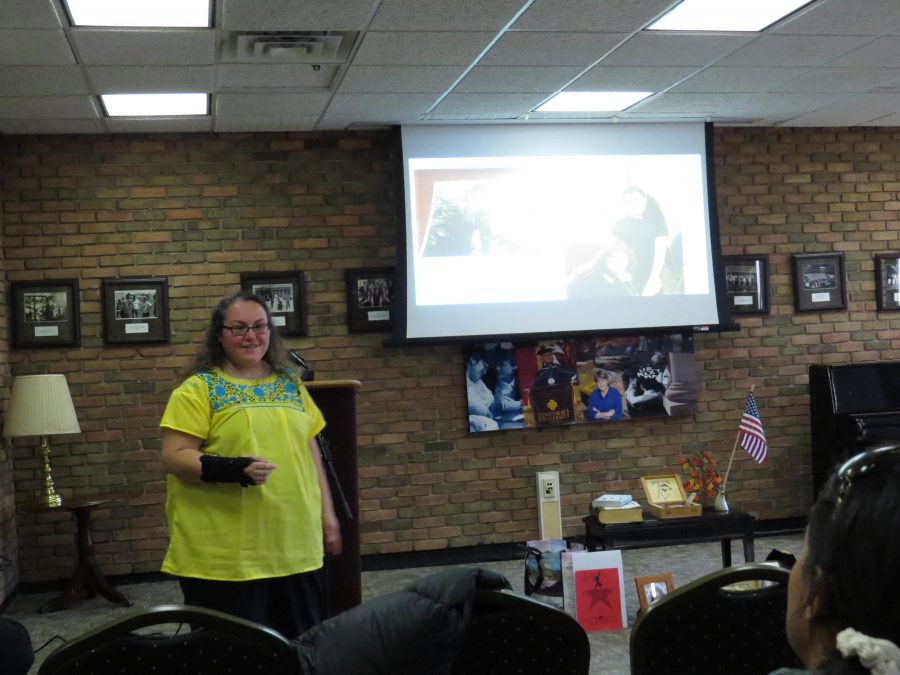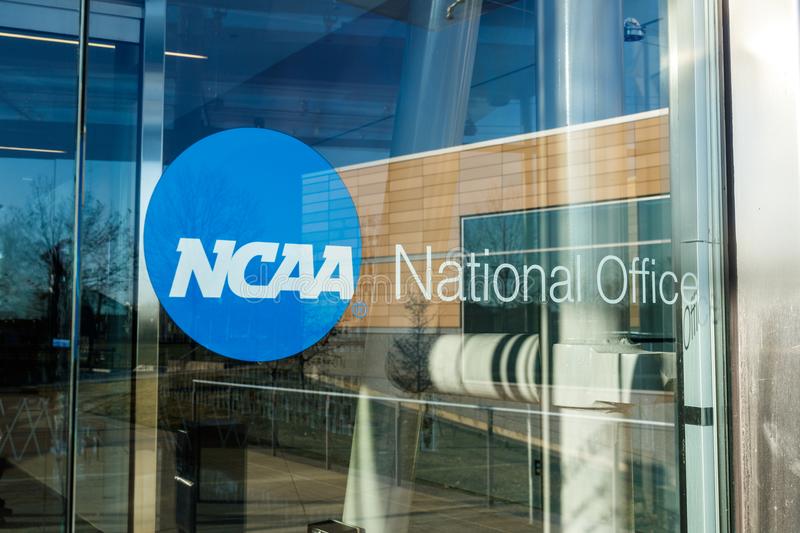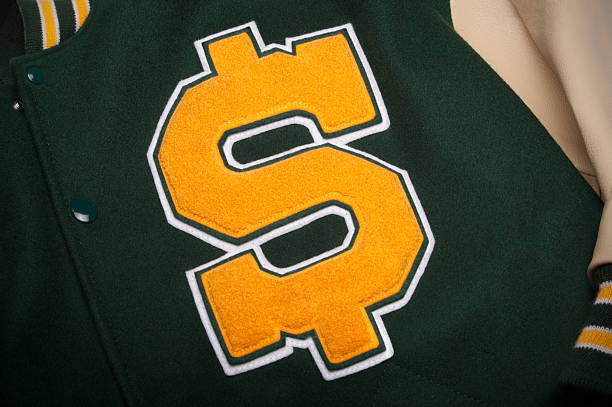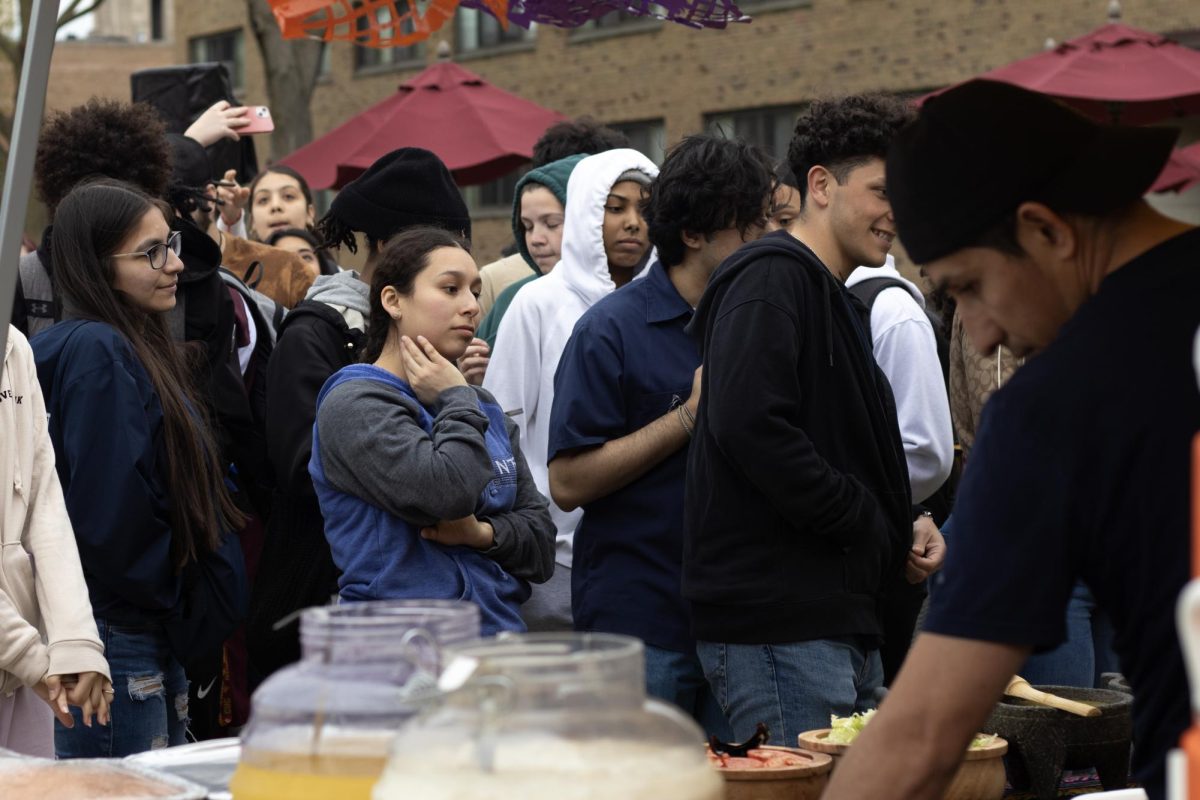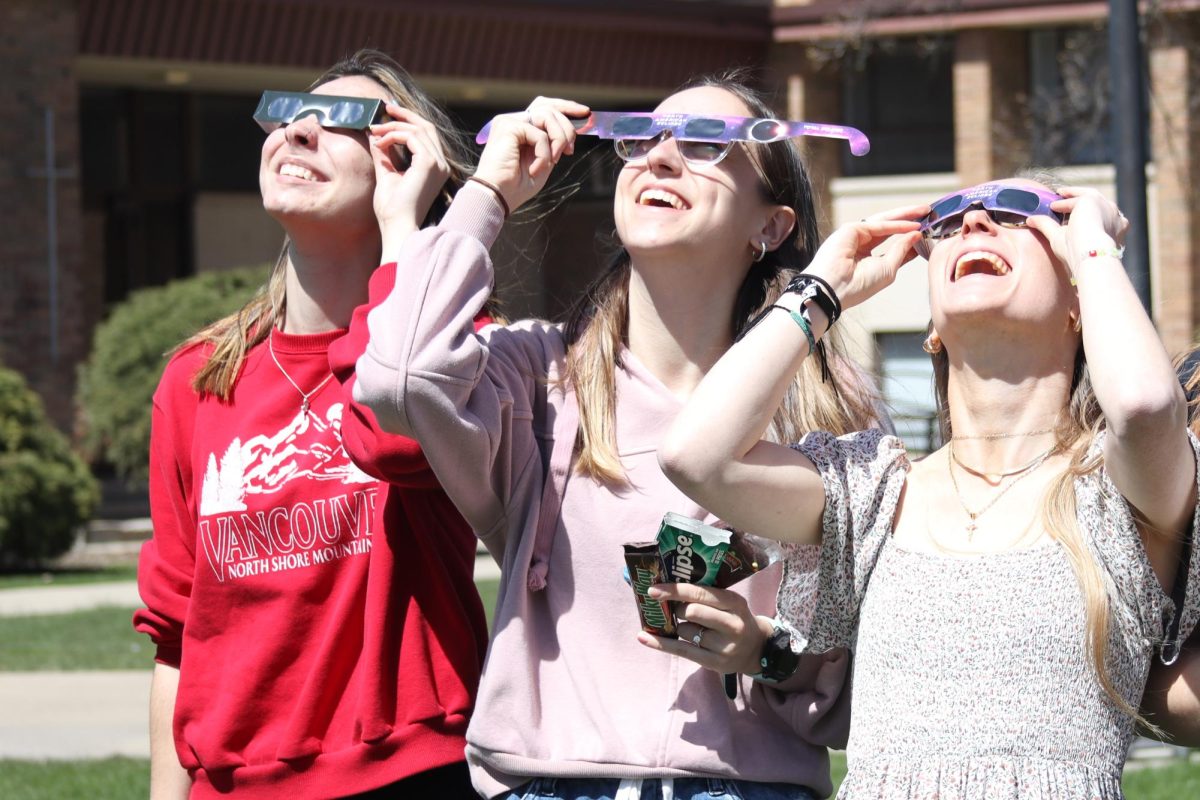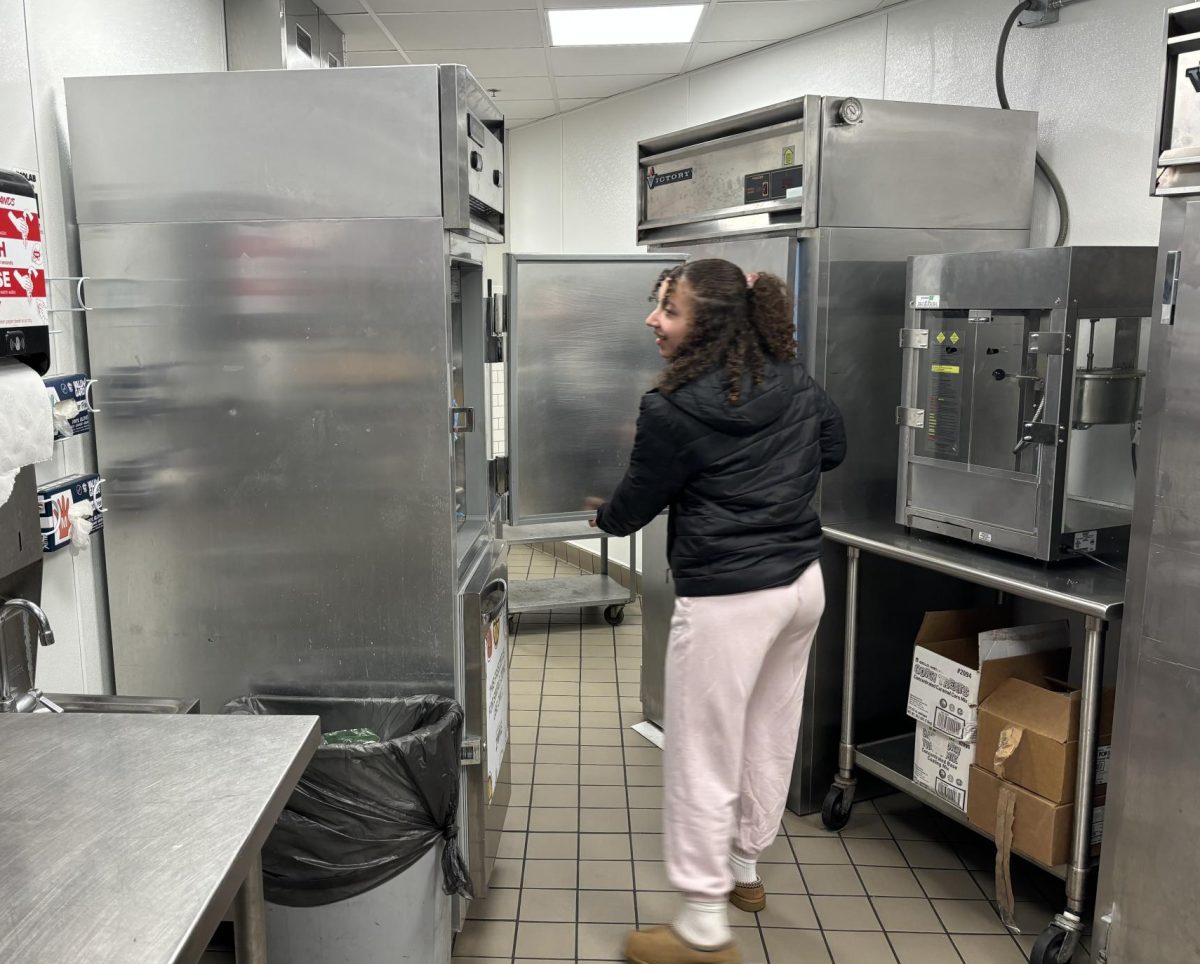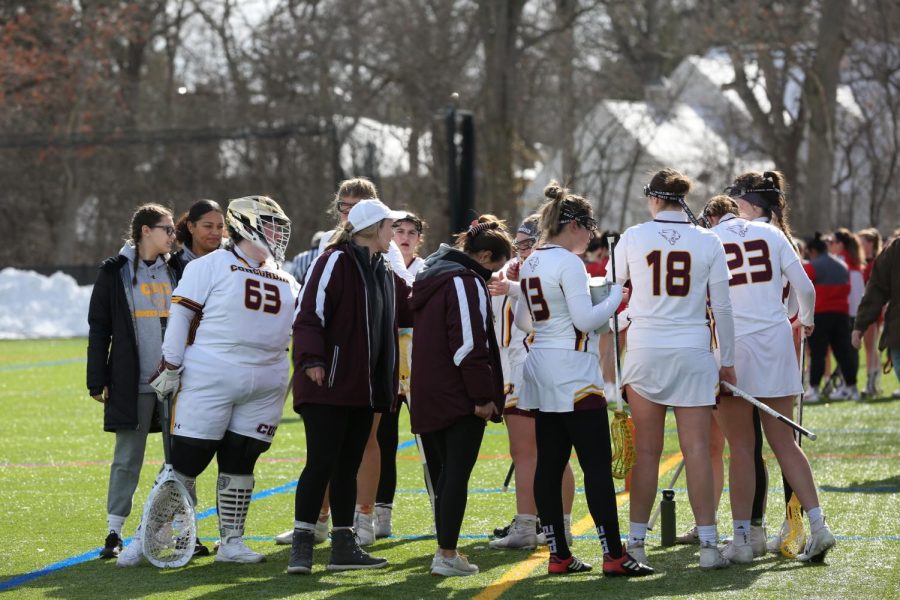Written by John Stocco
Some could make the argument that no organization in sports, and in fact the world, has been hurt by the COVID-19 pandemic than colleges, universities, and the NCAA. The way that colleges run their academic and athletic programs will never be the same again. NCAA officials, athletic directors, coaches, and players are all bracing for one of the biggest financial hits an organization will take during the COVID-19 pandemic.
The coronavirus pandemic is having its effects on everyone who is in the academic and athletic business, but colleges are different. For all levels, Division I to Division III, from football to field hockey, colleges across the country will have to start making desperate financial cuts. Executives in the NBA, NHL, and the MLB have taken pay cuts, while other employees have been momentarily laid off. The NCAA has taken the biggest hit so far.
By cancelling March Madness, one of the biggest events in sports, the NCAA lost $933 million in revenue. That money comes from media fees, television rights, sponsors, advertisers, and ticket revenue. CBS and Turner Broadcasting have paid the NCAA $771 million annually in television rights to air every NCAA Tournament game. The NCAA is not the only organization that relies on that money: the programs, the schools, the coaches, the cities hosting March Madness games, all the way to the employees working in these stadiums holding NCAA Tournament games.
In the NCAA Tournament the money gets split into these ways evenly and the farther your team advanced into the tournament, the more money the program and the conference of your team was rewarded. This year, the NCAA could have lost out on more money than ever before as this was going to be the first year where the NCAA Tournament would be held in a society where gambling was legalized.
According to the American Gaming Association, before the outbreak, they were estimating a total of nearly $8.5 billion would have been bet on games this year. With the tournament being cancelled, as a whole, has hurt billion dollar corporations. The schools will have to make significant cuts to their programs, the conferences will have to shrink their budget, and it leaves a black mark on the many businesses associated with the madness in March.
It’s not just the NCAA Tournament that has been impacted by this. Every collegiate sport is in the crosshairs of this worldwide pandemic. College sports relies on the television rights, and ticket revenue. ABC, ESPN, CBS, NBC, Fox Sports, have spent billions of dollars over the years to air college sports.
The NCAA is a cash cow for these networks because of the NCAA’s dependability. No matter what, colleges will always be there, incredible athletes will always be attending those colleges, and those colleges will always have sports teams for those athletes to show off their talents. From August to April, the NCAA dominates television on Mondays, Wednesdays, and Saturdays. Without college games being played, the NCAA is losing more money day after day, and without games being played, the universities and the cities that rely on these universities are being hit economically hard. In some parts of the United States, communities rely on their college sports games to drive up the revenue for their school, and for their city. Game days in Tuscaloosa, Alabama; Baton Rouge, Louisiana; Eugene, Oregon are what keeps the city going financially as the entire weekend is spent like it’s one big party. Local businesses in small communities with a big university thrive in the months of college football and college basketball. Now, those communities are facing an economic crisis and local businesses are looking at cutting their employees hours.
The NCAA, as of right now, doesn’t have a plan. As events in public spaces are getting cancelled everyday, the NCAA is looking at doing the same. The NCAA already cancelled spring practices for their football programs, and now training camp, which begins in June, is now in question. What could the NCAA do?
For short, there are no perfect answers. If they wait until they open back up for business in February of 2021, when the coronavirus hopefully passes, the NCAA will be dealing with a loaded schedule. Where the fall, winter and spring sports will all be competing, putting a burden on the athletic programs just as much as the academic programs. This will also postpone events like the NFL Draft, NBA Draft, and the Summer Olympics, which combined is worth $6.4 billion.
Logistically, and financially, this plan is unrealistic. The longer the practice of social distancing, and the ban of public events lasts, the more problems this will create for college sports, and the communities that rely heavily on them. College football as well as the other fall sports are next in line for the NCAA’s plan.
As discussed by other professional sports leagues, playing without fans is a realistic possibility, and probably the best case scenario if the fans want to see sports return to their television screens, but here’s why that is a dangerous proposition for the NCAA. Ticket revenue, and the fan experience is responsible for 20% for the majority of college programs revenue. While in the NFL, ticket revenue and fan experience is only responsible for 5% of their total revenue. If the NCAA wants to continue this path of playing without fans, it will not only jeopardize the future of college sports, it will force a lot of colleges and universities to shut down their athletic programs for the time being.

